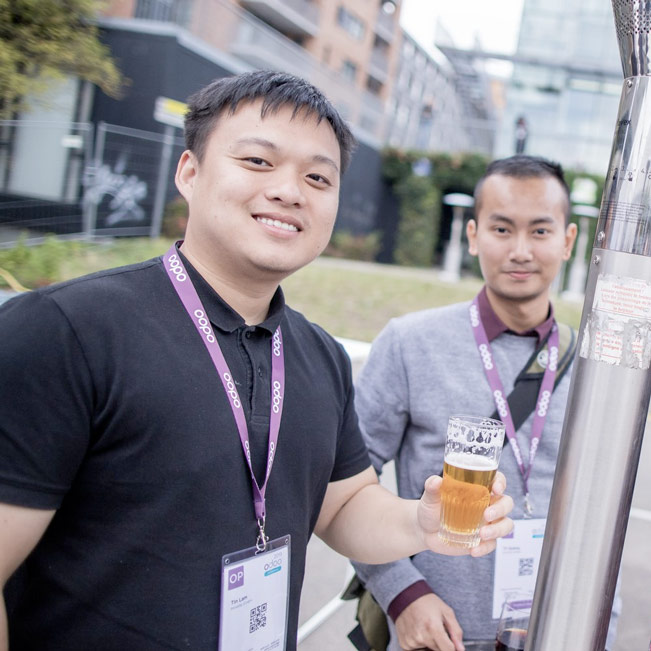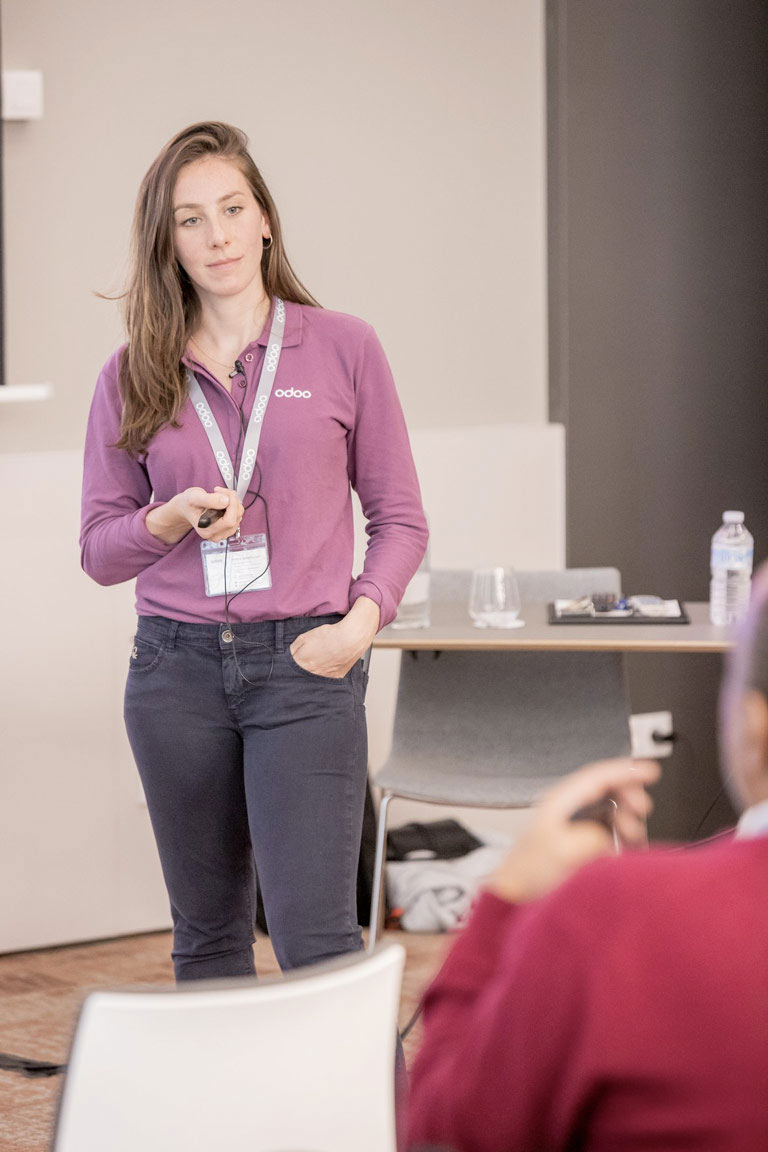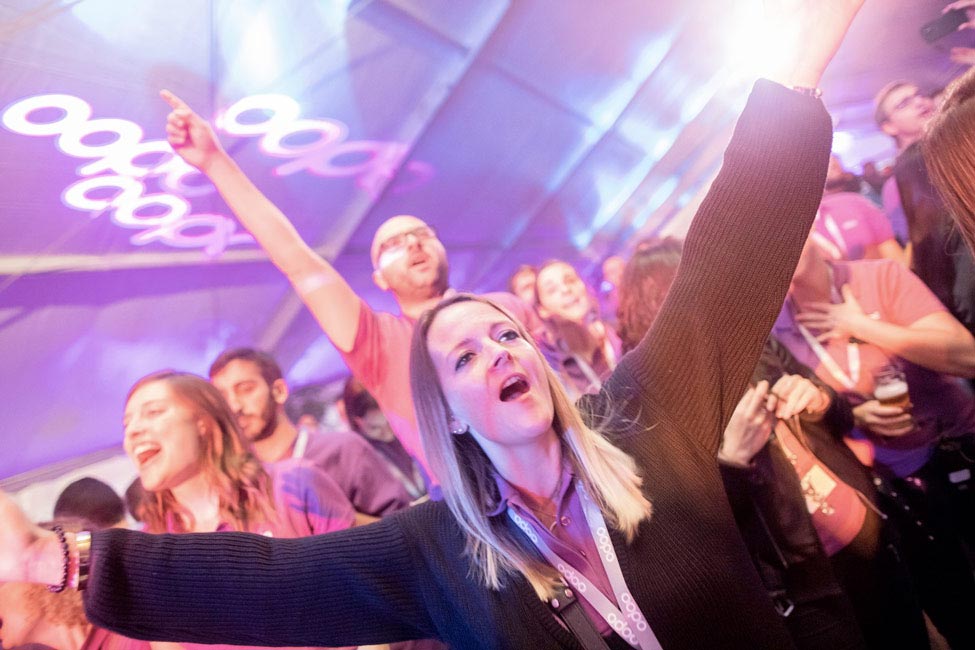A Lighting Poles Production Engineer is a specialist who designs, implements, and optimizes the manufacturing processes for lighting poles. Their primary goal is to ensure that lighting poles are produced efficiently, cost-effectively, and to the highest quality and safety standards.
Responsibilities
- Process Design and Optimization: They analyze existing production methods and design new workflows to improve efficiency and reduce waste. This involves designing the entire production line, from the initial raw material cutting to final assembly and finishing. They implement principles of Lean Manufacturing and Six Sigma to streamline operations, reduce defects, and maximize output.
- Manufacturing Oversight: The engineer oversees the day-to-day operations on the factory floor. They monitor production schedules to ensure deadlines are met and troubleshoot any issues or breakdowns that occur with machinery. They also manage and supervise the production staff.
- Quality Control and Compliance: They develop and enforce quality control procedures to ensure every pole meets industry standards and design specifications. This involves creating detailed documentation and standard operating procedures (SOPs) for each step of the manufacturing process, from cutting and bending to welding and finishing.
- Equipment and Technology Management: They are responsible for selecting, installing, and maintaining the equipment used in manufacturing, such as CNC press brakes, automatic welding machines, and galvanization baths. They also work to integrate new technologies to improve efficiency and safety.
- Material and Cost Analysis: They analyze production data to identify opportunities for cost reduction, such as optimizing material usage and minimizing waste. They also collaborate with supply chain and procurement teams to ensure materials are sourced efficiently and meet quality standards.
- The Manufacturing Process They Manage
- The production engineer oversees the entire process of turning raw materials into finished lighting poles. This process typically includes Material Preparation: Raw steel or aluminium sheets are unwound, levelled, and cut to precise dimensions using machines like decoilers and laser cutters. Forming: The flat metal sheets are bent into the desired shape (e.g., cylindrical, tapered, or polygonal) using specialized press brakes. Welding: The formed pieces are welded along the seams to create a strong, singular structure. Components like base plates and hand hole covers are also welded on at this stage. Finishing: The poles undergo surface treatment to protect them from corrosion and improve their appearance. Common finishes include hot-dip galvanization (dipping the pole in molten zinc) and powder coating. Assembly and Inspection: Finally, any accessories like anchor bolts or pole caps are added, and the pole undergoes a final inspection to ensure it meets all quality and dimensional requirements before being shipped.
- Ensure the quality of lighting poles during their different stages, including During Manufacturing: Inspect the poles to ensure they conform to technical specifications and required materials. After Manufacturing: Examine the finished poles to ensure they are free of any defects or damage. After Galvanization: Verify the quality of the galvanization process to ensure the coating is uniform and meets specifications. After Painting: Inspect the final paint finish for quality, including colour, finish, and durability.
Must Have
- Bachelor's degree in Electrical industrial engineering, Lighting Design, or a related field.
- A minimum of 3 years of experience in lighting inspection or quality control in construction projects.
- Strong knowledge of lighting design principles, installation best practices, and relevant codes.
- Experience in conducting field inspections and evaluating lighting installations and material quality.
- Excellent attention to detail and strong analytical skills.
- Effective communication and interpersonal skills for collaboration with diverse teams.
-
Ability to work independently and manage time effectively to meet project deadlines.
- Valid work permit for Saudi Arabia
Nice to have
- Professional quality assurance certifications such as CQA or CQE.
- Experience working with Quality Management Systems (QMS) like ISO 9001 and SASO.
-
Familiarity with data analysis tools and quality-related software.
- Additional languages
- Strong analytical skills
What's great in the job?
- Great team of smart people, in a friendly and open culture
- No dumb managers, no stupid tools to use, no rigid working hours
- No waste of time in enterprise processes, real responsibilities and autonomy
- Expand your knowledge of various business industries
- Create content that will help our users on a daily basis
- Real responsibilities and challenges in a fast evolving company
Our Product
What We Offer
Each employee has a chance to see the impact of his work.
You can make a real contribution to the success of the company.
Several activities are often organized all over the year, such as weekly
sports sessions, team building events, monthly drink, and much more
Perks
A full-time position
Attractive salary package.
Trainings
12 days / year, including
6 of your choice.
Sport Activity
Play any sport with colleagues,
the bill is covered.
Eat & Drink
Fruit, coffee and
snacks provided.





